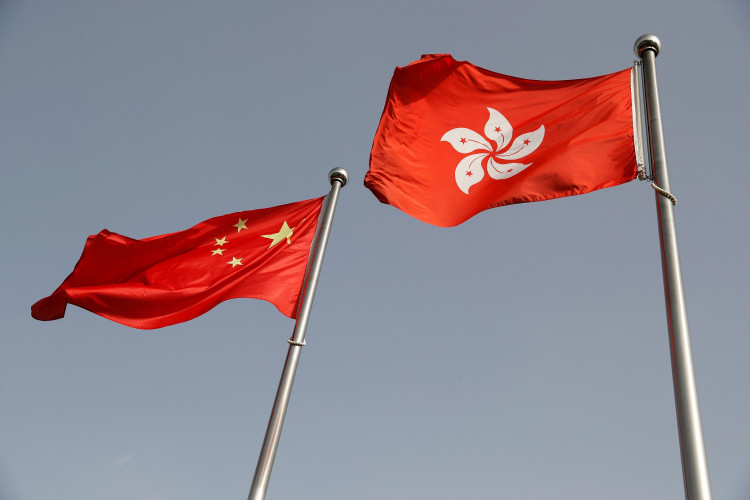In a significant move under China's sweeping national security law, a Hong Kong court on Tuesday sentenced 45 prominent pro-democracy activists to prison terms of up to 10 years. The trial, seen by many as a symbol of Beijing's tightening grip on political dissent in Hong Kong, handed the longest sentence to Benny Tai, a former law professor and co-organizer of the controversial 2020 unofficial primary election. Tai received a 10-year term, marking the harshest punishment since the security law's imposition in 2020.
The charges centered on a primary election held in July 2020, which aimed to boost pro-democracy candidates' chances of winning a legislative majority. More than 600,000 people participated in the primary, which was later deemed by authorities as a conspiracy to commit subversion. Most of the defendants, arrested in early 2021, have been held without bail since their apprehension. While 31 of the accused pleaded guilty in the hope of receiving lighter sentences, 14 others were convicted in the subsequent trial, with only two acquitted.
The court's decision attracted a packed courtroom, with hundreds of people lining up for days to witness the sentencing. Among those sentenced were well-known political figures and activists, including Joshua Wong, a prominent leader of the 2014 pro-democracy protests. Others such as Au Nok-hin and Andrew Chiu were also sentenced, having been identified as key organizers. The court argued that their plans to veto government budgets repeatedly constituted a subversive act with the potential to trigger a constitutional crisis.
Critics, including Human Rights Watch and numerous Western governments, have condemned the trial as politically driven. Maya Wang, associate China director at Human Rights Watch, remarked, "Running in an election and trying to win it is now a crime that can lead to a decade in prison in Hong Kong." She described the sentences as reflecting "how fast Hong Kong's civil liberties and judicial independence have nosedived."
In defense, the Hong Kong government emphasized that judicial independence remains intact and that cases are adjudicated in accordance with the law. China's Foreign Ministry voiced staunch support for Hong Kong's efforts to protect national security, dismissing international criticism as unwarranted interference in China's internal affairs.
The ruling, issued by High Court Judges Andrew Chan, Alex Lee, and Johnny Chan, underscored the gravity of the charges. The judges, specially appointed by the Hong Kong government to oversee national security matters, said the defendants' actions risked "far-reaching" consequences equivalent to "overthrowing the government."
Among those receiving lesser sentences were individuals who cooperated with the prosecution, while figures like Tai faced harsher penalties due to their roles as primary organizers. The sentencing reflects Chinese authorities' broader efforts to dismantle Hong Kong's pro-democracy movement.
The trial has drawn international criticism. Australian Foreign Minister Penny Wong expressed "grave concern" over the sentencing of Australian citizen Gordon Ng. The U.K. Foreign Office similarly condemned the court's decision, viewing it as an attempt to silence political voices. The U.S. consulate called for the release of all political prisoners, describing the trial as politically motivated.
The crackdown extends beyond politics to media freedoms in Hong Kong. Last month, pro-democracy journalists Chung Pui-kuen and Patrick Lam were sentenced for "seditious" activities. Their convictions marked the first such cases since the 1997 handover of Hong Kong to Chinese rule.
John Burns, a political scientist at the University of Hong Kong, viewed the trial as a deliberate effort to neutralize opposition. "The aim is to 're-educate' the population," he said, "to redefine what political participation means under the new Hong Kong."
Despite the crackdown, public support for democracy remains strong in Hong Kong. Margaret Chen, a retiree who followed much of the trial, expressed dismay. "If the primary election is illegal, then aren't the hundreds of thousands of people who voted also breaking the law?" she asked, pointing to the broader implications of the government's actions.






